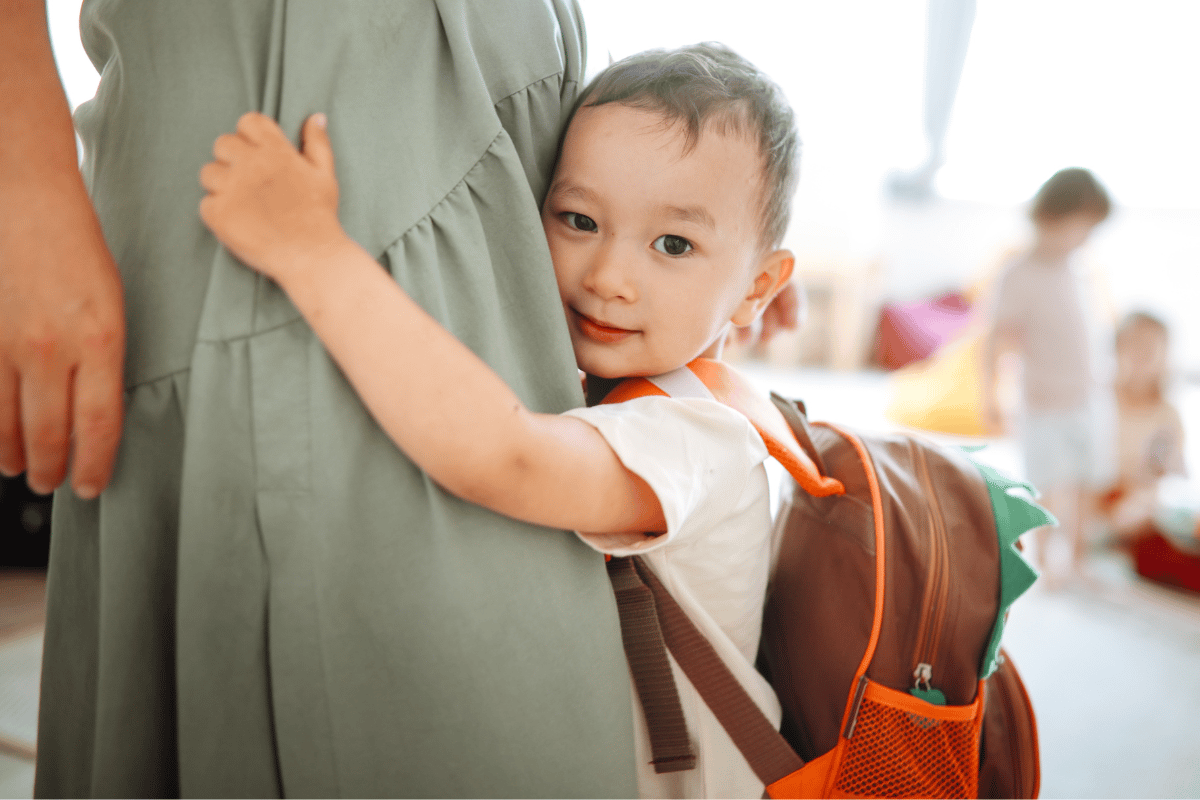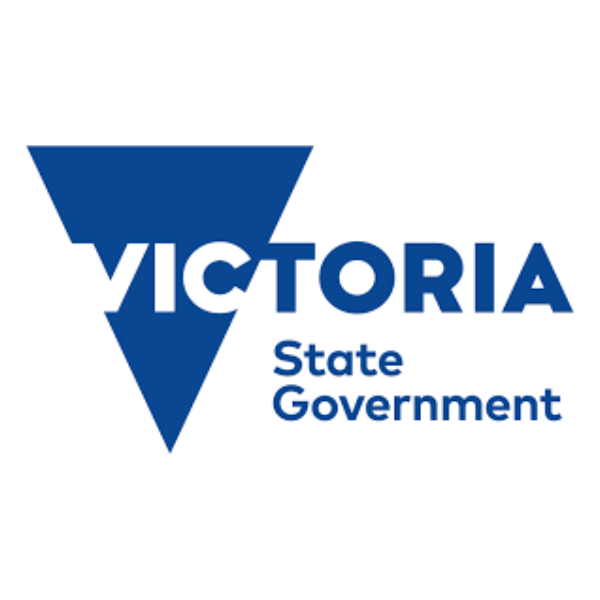

As parents, we all want to give our kids the best possible start, but let's be honest — sometimes it feels like we're just winging it.
One thing we do know for sure, though, is that a child's first five years are the most influential.
It's during this time that they engage with the people, places and objects around them to build an understanding of themselves and their world.




























































































